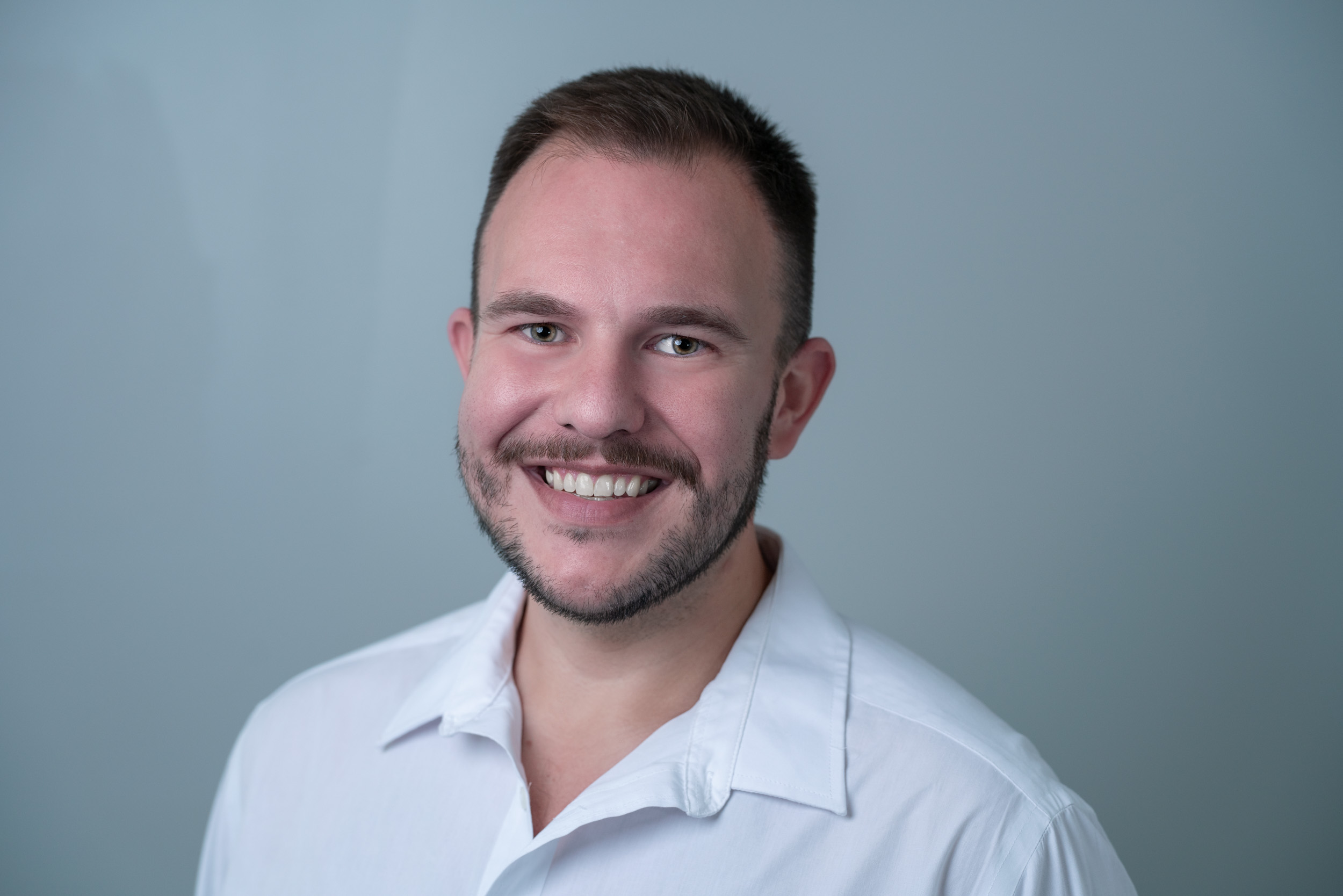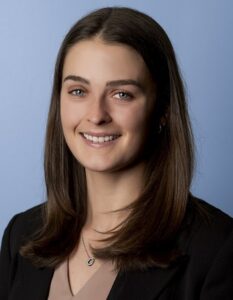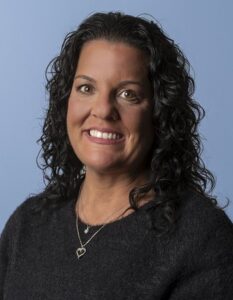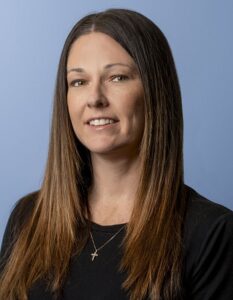Alex has earned a Bachelor’s Degree in Sociology from Montclair State University and a Master’s Degree in Social Work from the University of Central Florida. While at the University of Central Florida, Alex became certified in Military Social Work focusing on the reintegration of military members into civilian life, their changing family dynamic, and aiding in the understanding of Post-Traumatic Stress Disorder. From there Alex became devoted to working with individuals who suffer with many different forms of trauma including combat-related, sexual, physical, and grief and loss. Alex also has experience and knowledge in providing education on the impacts of nutrition on one’s mental, emotional, and physical health. He has experience working with adolescents, young adults, adults and their families. Alex individualizes his treatment approach through implementing Cognitive Behavioral Therapy, Motivational Interviewing, and Dialectical Behavioral Therapy.
Alex has developed his skill set through working within education, healthcare, private practice, and substance abuse prevention and recovery. He has excelled in previous roles due to his empathetic and straight forward approach while meeting individuals where they are and advocating for their needs. Alex looks forward to working with you at BlueCrest Recovery Center!









